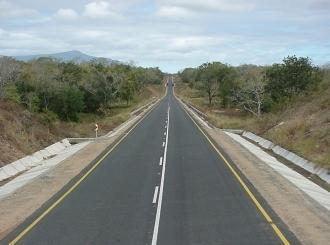About Regional Integration and Trade

The Regional Integration and Trade Division (RITD) is headed by a Director and reports to the Deputy Executive Secretary (Programme). The Division is responsible for contributing to effective regional cooperation and integration among member States by supporting efforts to deepen regional markets, boost intra-African trade, accelerate industrialization, foster market institutions and tackle the challenges of structural transformation. It is divided into three main sections: African Trade Policy Centre; Regional Integration and NEPAD; and Market Institutions.
The core functions of the Division are as follows:
a) Contributing to enhancing the capacity of member States and regional economic communities to develop, implement and monitor policies and programmes to deepen regional markets and accelerate industrialization;
b) Contributing to enhancing the capacity of member States and regional economic communities to develop, implement and monitor policies and programmes in the areas of intra-African and international trade;
c) Assist member States, pan-African institutions, regional economic communities and intergovernmental organizations in the formulation and implementation of policies and programmes for the advancement of Africa’s structural transformation;
d) Developing and disseminating policy tools, instruments and guidelines and helping to build the capacity of member States to identify opportunities for diversification, value adding and the development of manufacturing and industrial clusters;
e) Creating an enabling environment across the continent that is conducive to deeper regional integration;
f) Supporting member States to ensure trade and industrialization policy coherence and the alignment of trade and industrialization policies with the 2030 Agenda and Agenda 2063;
g) Supporting United Nations system-wide support for the African Union and Agenda 2063 and other regional priorities, including its New Partnership for Africa’s Development programme (NEPAD), at the regional and subregional levels, within the context of the United Nations-African Union Partnership on Africa’s Integration and Development Agenda (PAIDA), as well as strategic plans and priorities of the African Union organs and institutions, coherent with the 2030 Agenda and the Addis Ababa Action Agenda.